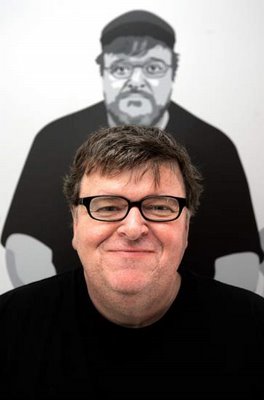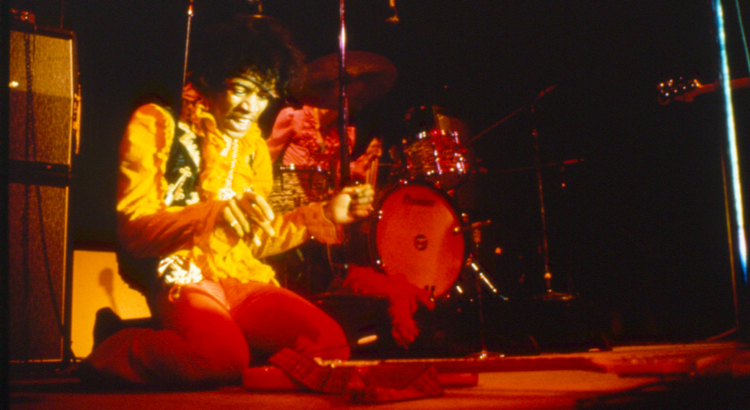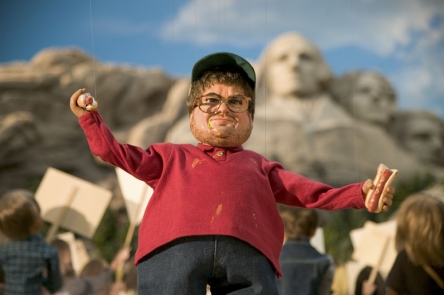
By Jason Apuzzo. Yesterday’s LFM post on Michael Moore being voted to the Motion Picture Academy’s Board of Governors was mentioned yesterday in Patrick Goldstein’s LA Times piece on the controversy. We want to thank Patrick for his regular readership of our site.
I also wanted to respond to one point made in Patrick’s article:
Inside the industry, reaction was more muted, with one screenwriter musing: “If the academy has any brains at all, they’d better frisk Moore before every meeting to make sure he doesn’t try to bring a hidden camera. If you thought Wall Street and General Motors were fat targets for muckraking, that’s nothing compared to the academy.”
This is actually the first thing I thought of when I heard about Moore’s election – not so much that he would bring a camera into board meetings (a droll idea, by the way), but that he would grandstand in public over matters that might otherwise be kept in-house. The basic métier of people like Moore is to turn everything into a public, political controversy – essentially a circus spectacle, with him as ring master. It’s all too easy to imagine this sort of thing happening in the case of, say, the awarding of honorary Oscars. An acquaintance of mine on the Board, for example, was involved some years back in the controversial decision to give Elia Kazan an honorary Oscar. What would Moore have made of that? Would he really have kept his mouth shut?
The ironic thing here is that Moore’s career has basically been on the slide since Fahrenheit 9/11, and all this sort of thing does is reanimate him like some shambling vampire from an Ed Wood movie.
Beyond this, it’s come to my attention that certain on-line conservatives are actually praising this election of Moore on the basis of him being a gifted documentarian. What a farce. Moore has absolutely destroyed documentary filmmaking, turning it into a cheap vehicle for filmmaker narcissism and half-assed propagandizing. Moore has absolutely reversed all the advances that Richard Leacock and D. A. Pennebaker (Primary, Monterey Pop, The War Room) or Albert and David Maysles (Gimme Shelter, Grey Gardens) brought to documentary filmmaking from the 1960s forward, in terms of letting the documentary camera tell stories without the intrusiveness of narration or editorializing. This is what American documentary filmmaking represented at the height of its influence on the world cinema stage – when filmmakers as diverse as Jean-Luc Godard, George Lucas, Francis Coppola and Martin Scorsese cited the American documentary school as their chief influence.

As Pennebaker said back in 1971:
“It’s possible to go to a situation and simply film what you see there, what happens there, what goes on, and let everybody decide whether it tells them about any of these things. But you don’t have to label them, you don’t have to have the narration to instruct you so you can be sure and understand that it’s good for you to learn.” Continue reading Libertas in The LA Times + Moore’s Shoddy Legacy in Documentary Film





